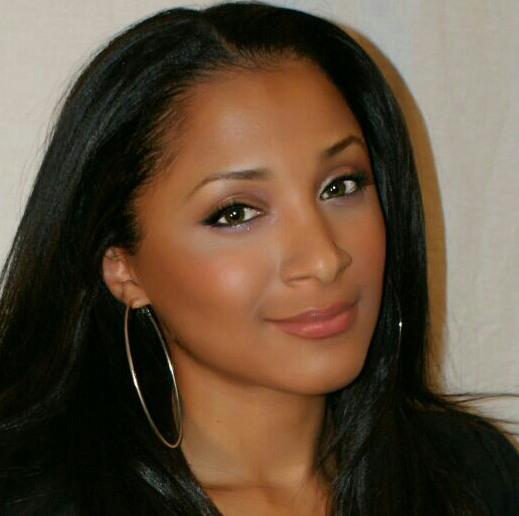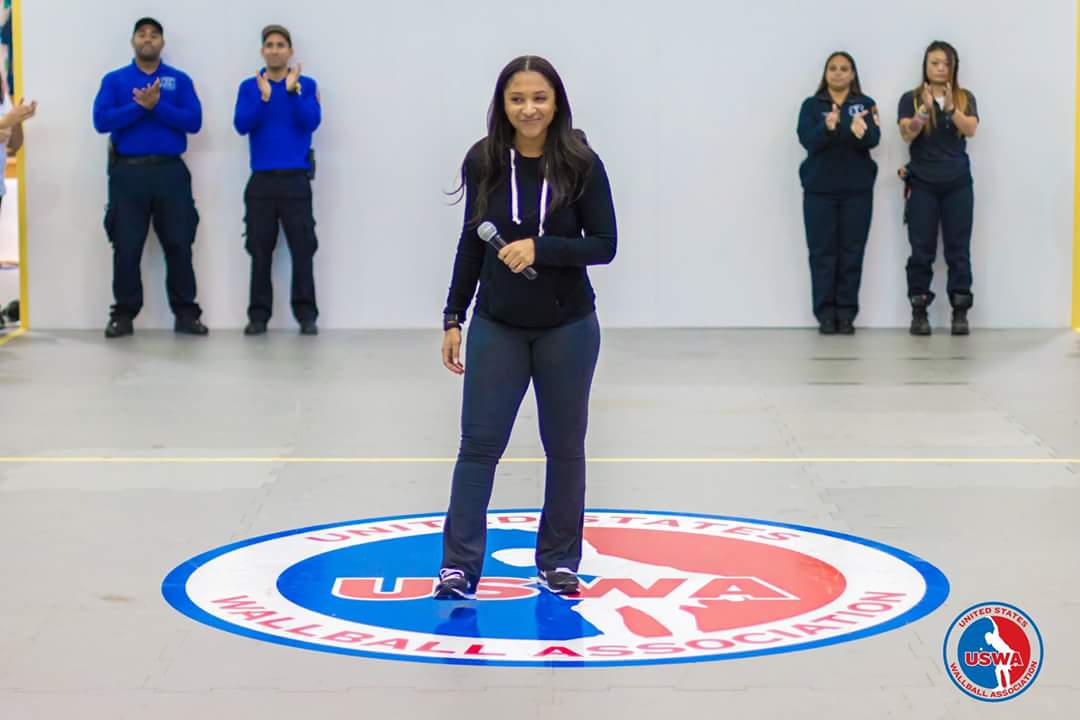With 2,000 handball courts decorating New York City, it’s no surprise 33-year-old Brooklyn-born Jasmine Ray is moving as fast as the game is played. Nicknamed the handball czar by NYC mayor Bill de Blasio and the female David Stern by everyone else, Jasmine is ready to spotlight the local sport on an international platform. As founder and CEO of the United States Wall Ball Association she hosts family reunion style tournaments for 1700 inner city kids and families. “I didn’t create Wall Ball [Assoc.] with the mindset that I would be rich. I created it for the people who play it and I’m attempting to uplift the neighborhood I come from.” The sport has taken her all around the world from Shanghai, China to manufacture her own handball to Cali, Colombia where she first gained global attention. With endorsements from Red Bull and peaking interests from your favorite sport hubs like CBS Sports and ESPN, Jasmine plans to take U.S handball all the way to the Olympic stage. Check out how!

‘LL: Just so we’re clear, is the correct term “handball” or “wall ball”?
Jasmine: Well there’s already a sport that exists called handball but it’s completely different from the handball we play in States, so to avoid confusion the International Olympic Committee suggested naming it wall ball.
‘LL: When did you first fall in love with the sport?
Jasmine: It started for me when my brother Jonathan “Johnny” Ray passed away at age 16 from a car accident. I held a handball tournament in his memory and hundreds of people came out to participate. It was shocking because they weren’t people who would have known him and I thought, where are all these people coming from? Since I studied business management I knew to do the market research and I realized handball is played all around the world in about 36 countries. Italy, Japan, Canada, Ireland, Columbia, Ecuador all they play it seriously yet the best players in the world are in NYC and I was sure of that!
‘LL: Why do you think the sport isn’t as recognized in the U.S?
Jasmine: If you’re from New York especially from an urban, lower income community or went to public school, there’s no way you haven’t come across this sport. About 80% of the schoolyards in the five boroughs have handball courts and in the U.S there is a negative stigma associated with handball, presenting a lot of challenges in trying to market a sport that’s played by this demographic of people.
‘LL: What was the next step towards founding the United States Wall Ball Association?
Jasmine: I saw an opportunity to develop handball and get rid of the negative connotation of it being a jail sport or street sport. I created the website, made a Facebook page, sharpened the marketing plan and founded the non-profit, grassroots organization the United States Wall Ball Association. I went out and starting pitching to foundations, banks and corporations. I knew I had to prove to potential investors that handball could go professional in the U.S. In 2013, I flew to Cali, Colombia for The World Games and I took two minority handball players with me and they won the tournament! Out of 16 countries representing, my two guys from Brooklyn won and that gained the interest of the international community.
‘LL: What has been the most rewarding experience in being involved with the Association?
Jasmine: People who play the sport come with a lot of challenges and you can’t change the sport unless you elevate the people who play. I created rules and one of the biggest rules is there is no cursing on the court or disrespecting your opponent or the referee. We always make sure to give some type of message and connection, whether it’s anti-violence, health and wellness, education or financial literacy. People who used to hate each other are now friends on the handball court.

